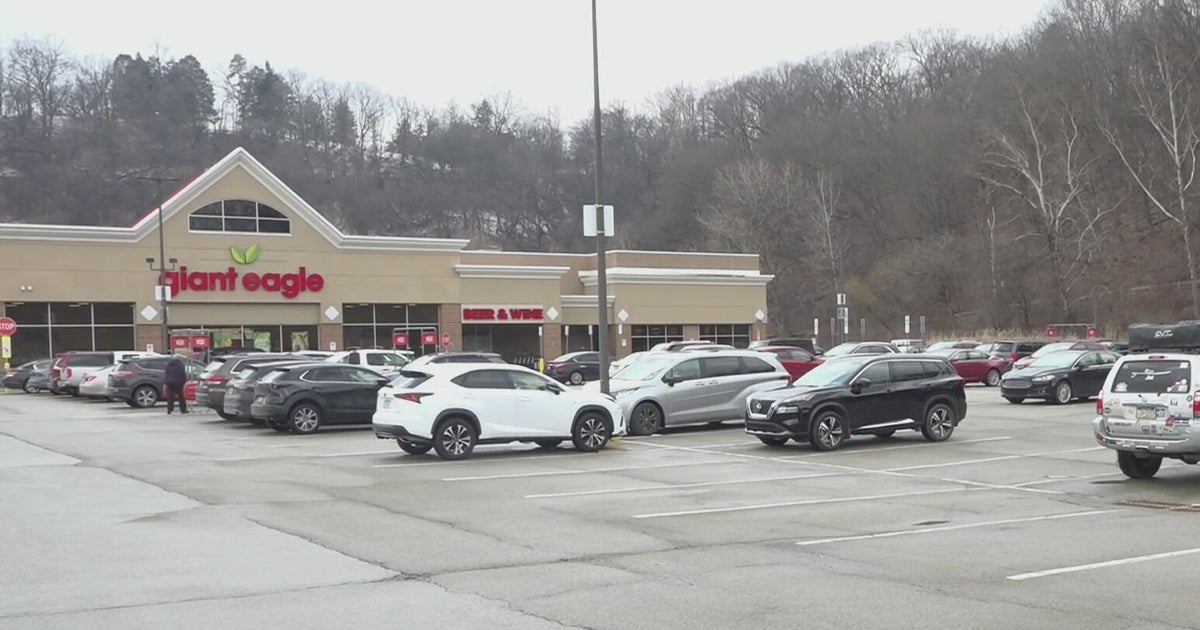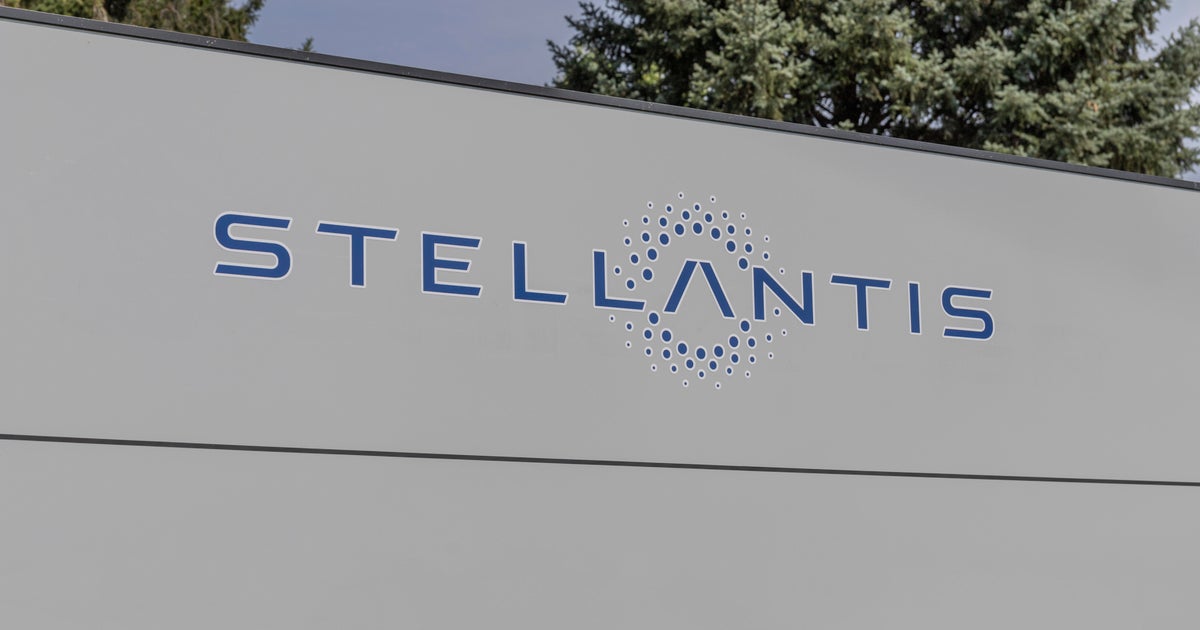Visa, Mastercard settle long-running antitrust suit over swipe fees with merchants
Visa and Mastercard announced a major settlement with U.S. merchants on Tuesday, potentially ending nearly two decades of litigation over the fees charged every time a credit or debit card is used in a store or restaurant.
The deal would lower and cap the fees charged by Visa and Mastercard and allow small businesses to collectively bargain for rates with the payment processors in a similar way that the large merchants do on their own now.
Industry groups for retailers both small and large said the settlement is a positive development, but far more needs to be done to remedy the current swipe-fee situation. They noted that the lowered fees would be only for a limited period of time — three to five years — after which the fees would return to their current levels.
"While this settlement is a step in the right direction and will provide a limited amount of short-term relief to small businesses, it does not solve the long-term anti-competitive rate-setting practices that are the root of this problem," said Jeff Brabant, vice president of federal government relations at the National Federation of Independent Business, a small-business advocacy group. "As long as the credit card networks, Visa and Mastercard, get to set the interchange rates for every bank that issues a credit card, anti-competitive pricing will remain, and small businesses will continue to pay artificially high rates."
Swipe fees are paid to Visa, Mastercard and other credit card companies in exchange for enabling transactions. Merchants ultimately pass on those fees to consumers who use credit or debit cards. The fees are calculated as a fixed fee plus a percentage of the sales total, typically about 1% to 3%.
Increasingly, small businesses have begun posting signs near the register warning customers that they will pay more for the same item if they do not use cash.
According to the settlement announced Tuesday, Visa and Mastercard will cap the credit interchange fees until 2030, and the companies must negotiate the fees with merchant-buying groups.
The law firm that announced the settlement put the value of the savings in swipe fees at close to $30 billion.
The settlement stems from a 2005 lawsuit that alleged merchants paid excessive fees to accept Visa and Mastercard credit cards, and that Visa and Mastercard and their member banks acted in violation of antitrust laws.
In 2018 Visa and Mastercard agreed to pay $6.2 billion as part of the long-running suit filed by a group of 19 merchants. But the lawsuit then had two pieces that needed to be resolved: a dispute over the rules Visa and Mastercard impose to accept their cards, and the merchants who chose not to participate in the settlement.
"This settlement is a mere drop in the bucket," said the Retail Industry Leaders Association, a trade group representing Target, Home Depot and other major chains. "It proves that merchants deserve injunctive relief, but whether the settlement terms proposed are sufficient to remedy the harm caused by the current interchange system needs to be carefully reviewed."
Mary Liz Curtin and her husband own two businesses, Leon & Lulu, a retail store in a converted vintage roller skating rink, and Three Cats Restaurant, a restaurant in a converted vintage movie theater, in Clawson, Michigan.
She said swipe fees have become a particular problem since the pandemic, when the use of cash plummeted. Most people use cards now, which means the roughly 3% swipe fee she pays eats up a lot more revenue than it used to.
"Like every retailer, our cash sales and check sales have plummeted because people are charging everything," Curtin said. "And that just means that there's a lovely slice of 3% off the top of all of your sales."
She welcomed the settlement.
"I am delighted in anything that will ameliorate the situation," she said. "I think this is going to help a little bit."
But she says swipe fees remain a "boondoggle."
Mike Roach, who co-owns Paloma Clothing with his wife in Portland, Oregon, said that once credit card mileage bonuses and other perks began to be the norm, card usage soared. He said swipe fees have been a significant cost of business -- before the pandemic, he calculated that there were some years his card fees were more than his (admittedly low) rent.
He said he thinks the settlement "isn't going to change anybody's bottom line by much," he said. "But it's a step in the right direction."
The settlement is in addition to a 2023 financial $5.54 billion settlement between Visa and Mastercard and 18 million businesses that accepted Visa or Mastercard during a 15-year period up to Jan. 25, 2019. Eligible merchants that received a claim form in the mail in December and January can claim a share of that settlement until May 31.







